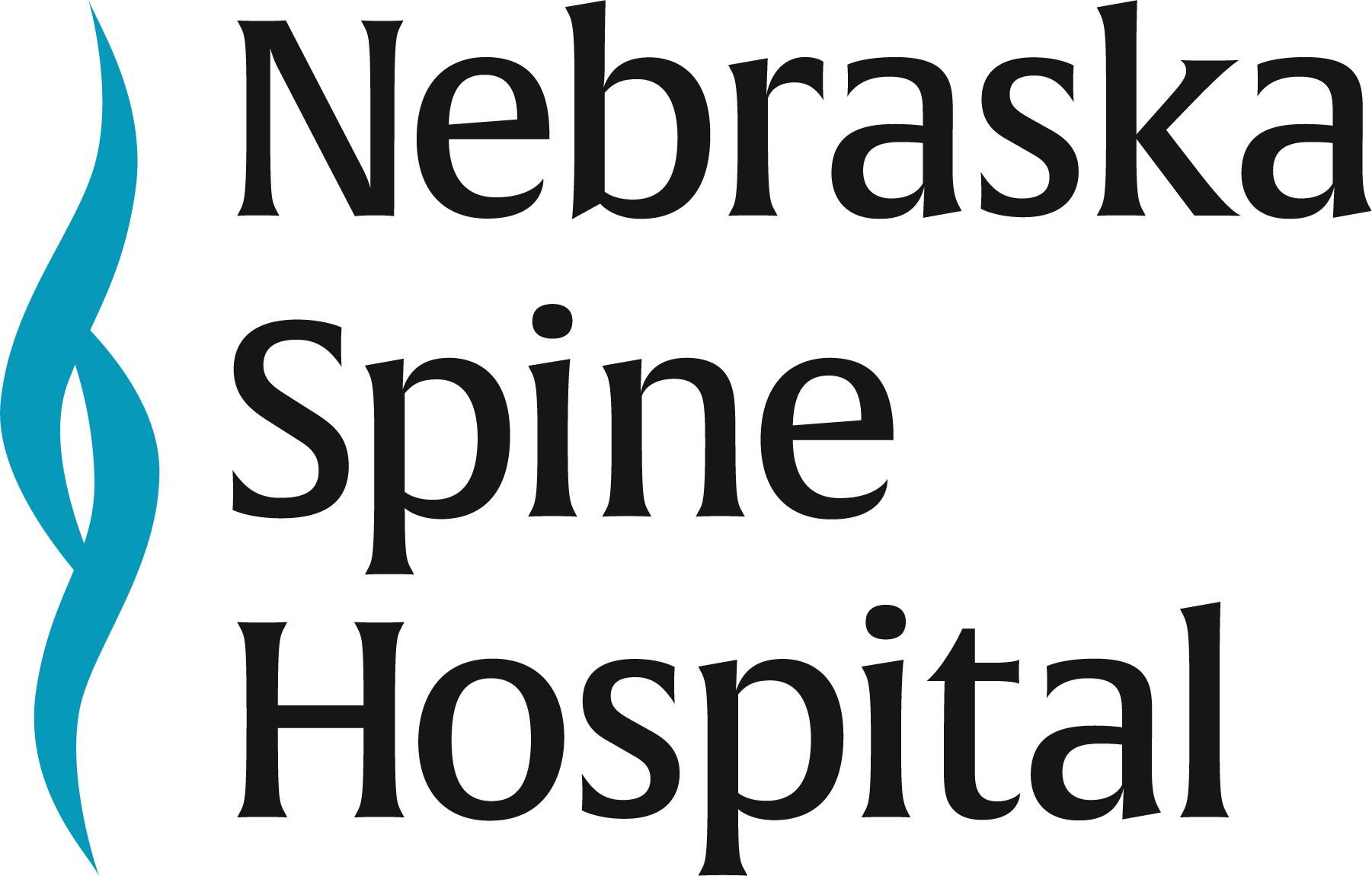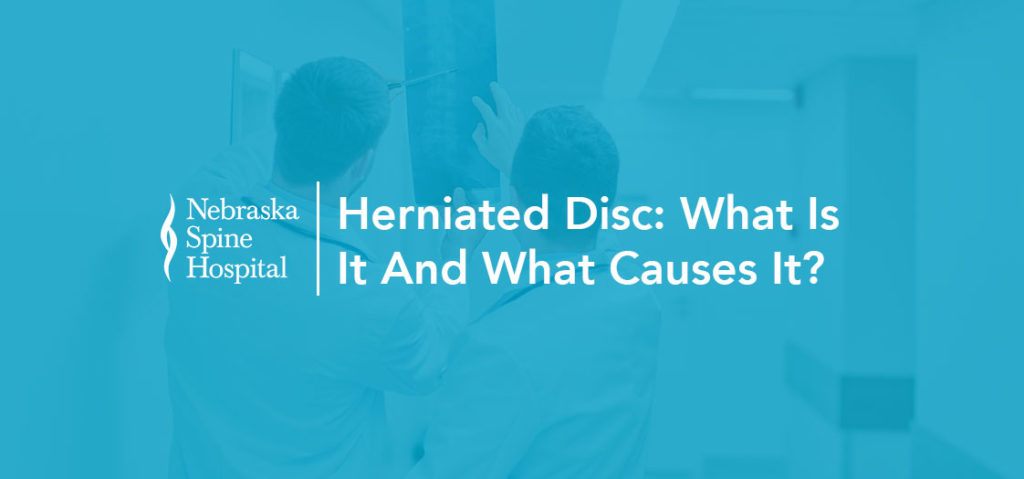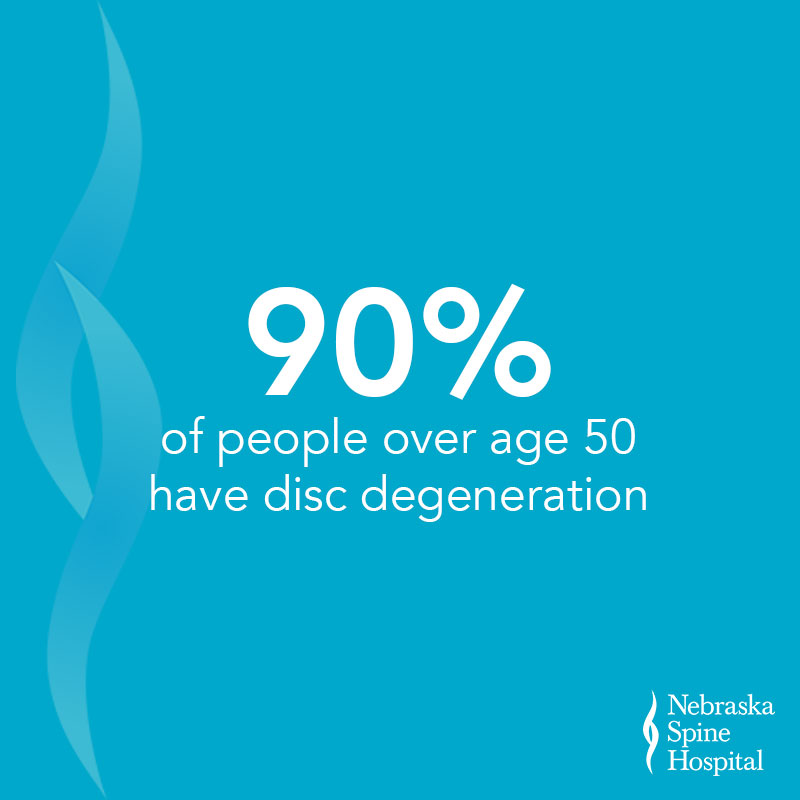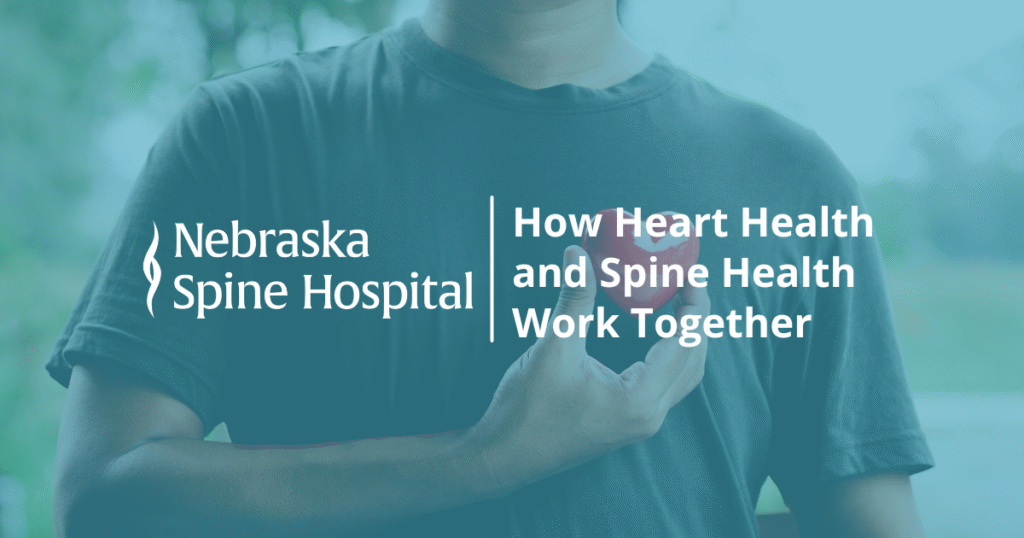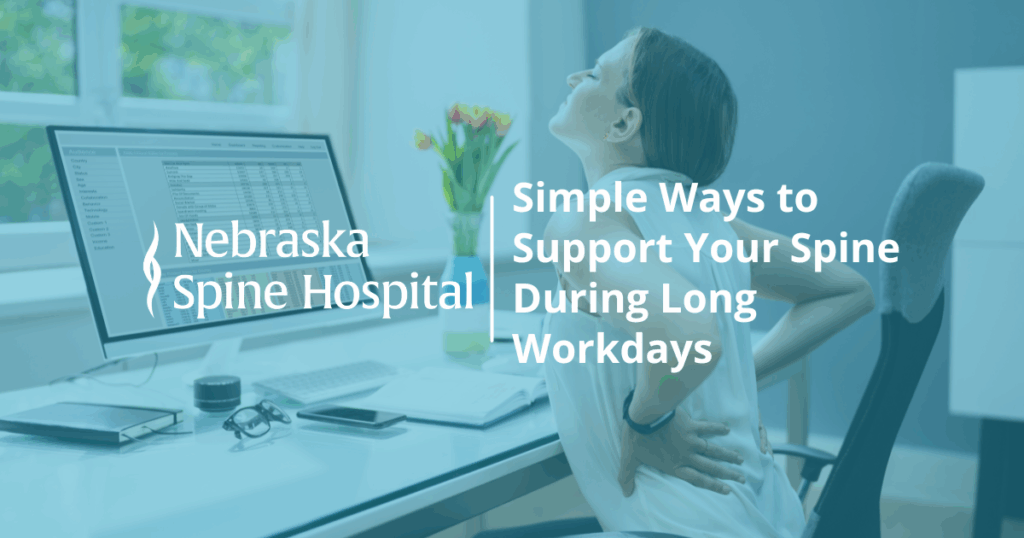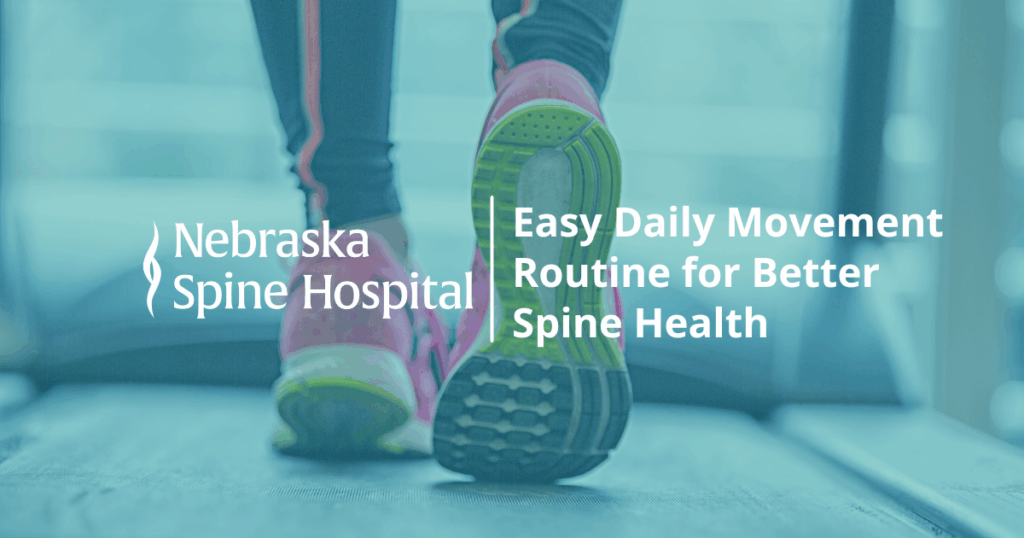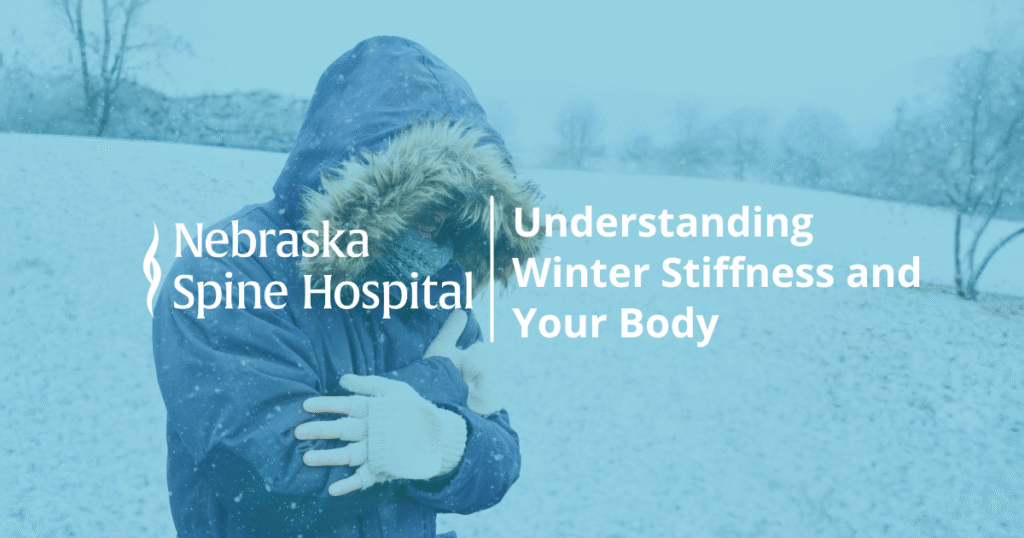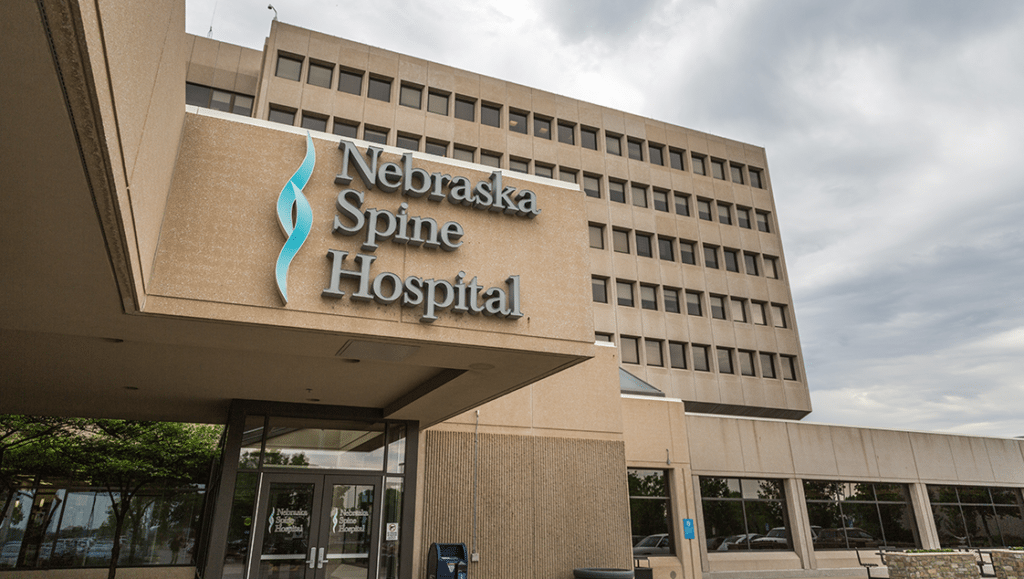There are more than 3 million cases of herniated discs every year. To say the least, it’s a very common spinal condition. If you haven’t heard of a herniated disc, the condition is also known as a slipped disc or ruptured disc. They occur most commonly in the lower back, but can also happen in the neck.
Your spine is comprised of vertebrae and in between each vertebra, there is a disc that provides cushioning between the bones. Think of that disc as a jelly donut – it has an extremely soft interior and slightly tougher exterior. When a disc herniates, the soft inside pushes through a small tear in the exterior. These tears can be caused by anything from everyday movements to minor injuries. When it does, it can put pressure on a nearby nerve, sometimes resulting in pain.
Symptoms
As we mentioned above, a herniated disc may put pressure on a nearby nerve, resulting in pain, but that doesn’t happen all the time. In fact, many people don’t experience any symptoms at all.
The following are common symptoms of a herniated disc:
- Arm or leg pain: If the herniation occurs in the lower back, you’re likely to experience pain in your legs. If it occurs in your neck, your shoulders or arms are more susceptible to pain.
- Numbness and tingling: These sensations occur in the area of the body that the affected nerves serve.
- Weakness: Your ability to walk or hold items may be affected, depending on the area of the body that the affected nerves serve.
Causes
The most common cause of herniated discs is degenerative disc disease. Degenerative disc disease is the term used to describe the gradual wear and tear of the discs as we age. These discs are primarily made of water and, with age, can begin to dry out. As the discs lose water, they begin to flatten and lose the ability to absorb shock, making them more susceptible to tears.
According to Spine-Health, “One study found that about half of people start showing some signs of disc degeneration on an MRI by their early 20s. Another study found that about 75% of people under age 50 have disc degeneration while more than 90% of people over age 50 have it.”
You Might Also Like: Degenerative Disc Disease
This post should not be taken as professional medical advice. If you or a loved one is suffering from a herniated disc, we urge you to seek professional medical help. Use the Find a Doctor tab on our website to find a board-certified surgeon at Nebraska Spine Hospital.

